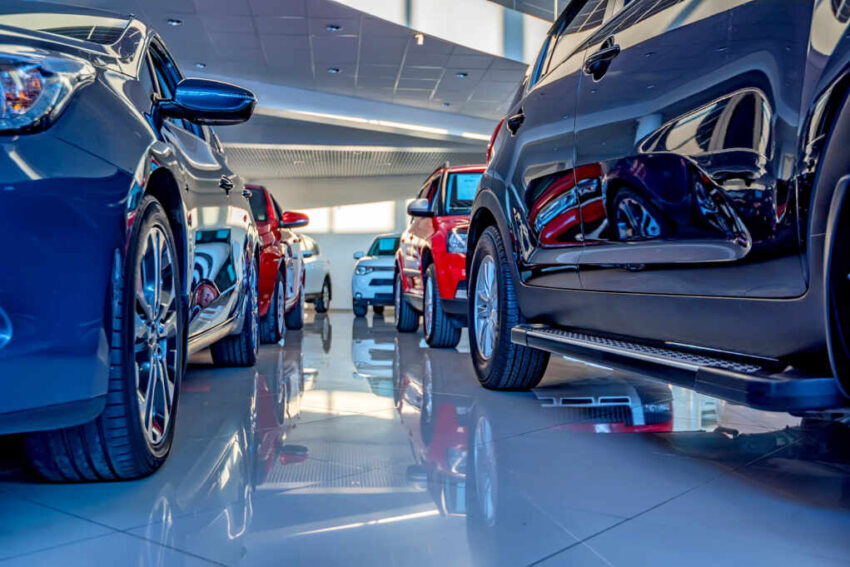Senate Republicans have put forth a controversial proposal that could reshape the automotive industry by eliminating fuel economy penalties for car manufacturers.
At a Glance
- Senate Republicans propose removing financial penalties for automakers violating fuel economy standards.
- The “One Big Beautiful Bill Act” seeks widespread repeal of EPA emissions rules.
- Elon Musk supports EV tax credit repeal but demands oil and gas subsidy cuts.
- GOP challenges California’s emissions standards, impacting Tesla’s carbon credit sales.
Analysis of the Proposal
Senate Republicans are working to eliminate penalties automakers incur for failing to comply with Corporate Average Fuel Economy (CAFE) standards. This is part of a broader legislative effort targeting clean vehicle regulations. The proposed “One Big Beautiful Bill Act” aims to repeal not only CAFE rules but also other EPA regulations concerning greenhouse gas emissions.
This proposal reflects a shift towards reducing regulatory burdens within the industry. Analysts speculate on the legislation’s impact on environmental policies, as it potentially allows more polluting vehicles on U.S. roads. With the Department of Transportation re-evaluating Biden-era emissions regulations, the stage is set for significant changes in national automotive policy.
Industry Reactions and Impacts
Tesla CEO Elon Musk has voiced support for the repeal of EV tax credits, critiquing the proposal for not addressing subsidies favoring oil and gas industries. Rollbacks on clean vehicle legislation could substantially affect automakers’ strategies, especially as the House bill seeks to eliminate incentives for new and used electric vehicles.
“greenhouse gas and multi-pollutant emissions standards” – unknown.
California’s unique emissions standards face a challenge from GOP lawmakers, which may disrupt Tesla’s carbon credit sales. The implications of these proposed changes extend far beyond financial impacts, potentially affecting automotive innovation and fuel efficiency technologies.
Future of Automotive Regulations
The deregulation movement led by the GOP indicates a potential turning point in U.S. automotive policy. By excluding electric vehicles from CAFE rules, regulators may inadvertently impact automotive innovation. The balance between fostering industry growth and maintaining environmental responsibilities remains a critical discussion.
Stakeholders are closely monitoring these legislative efforts, recognizing the delicate interplay between economic benefits and environmental protections. The future of automaker regulations rests on this evolving legislative landscape, making it a story of both economic strategy and policy change.
Click this link for the original source of this article.
Author: Editor
This content is courtesy of, and owned and copyrighted by, https://republicanpost.net and its author. This content is made available by use of the public RSS feed offered by the host site and is used for educational purposes only. If you are the author or represent the host site and would like this content removed now and in the future, please contact USSANews.com using the email address in the Contact page found in the website menu.








